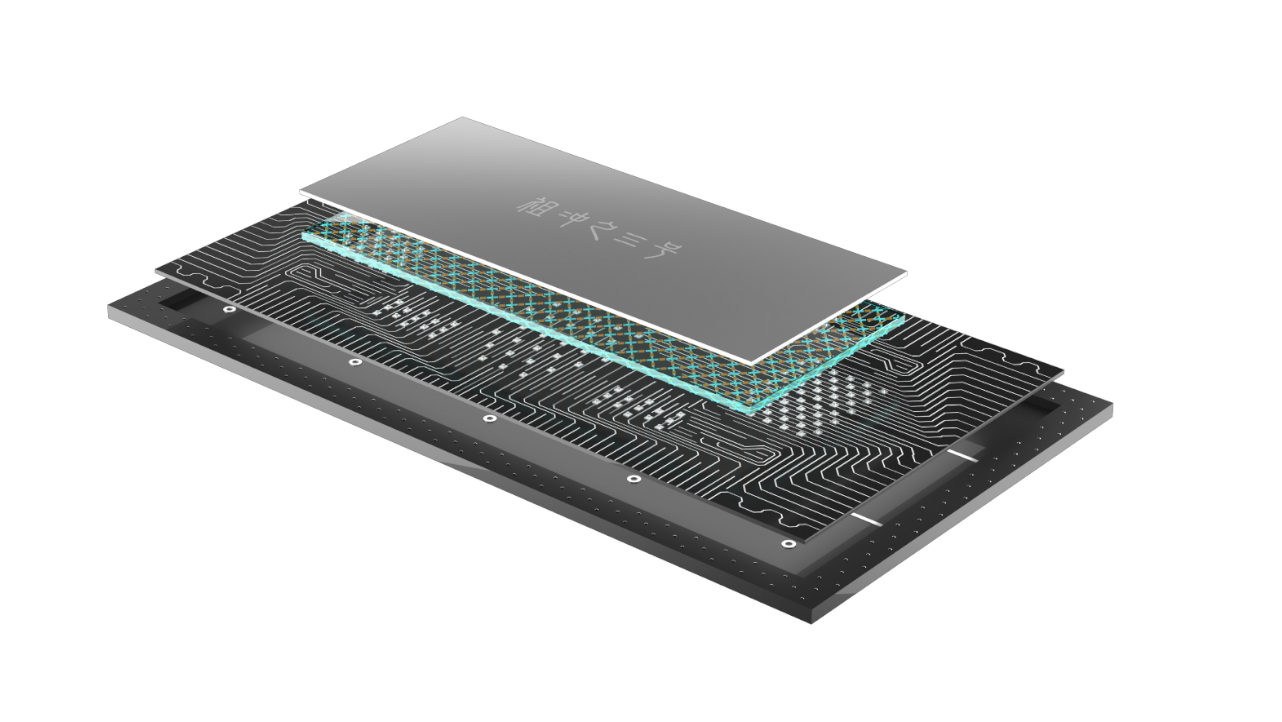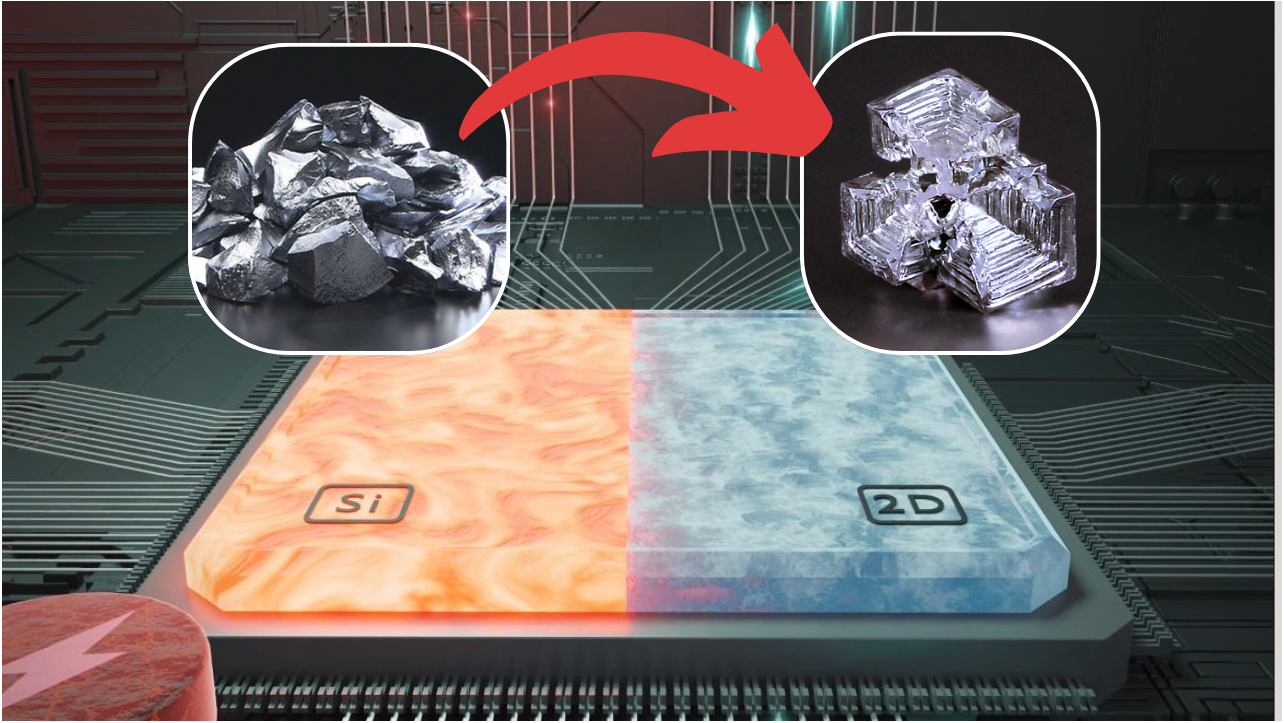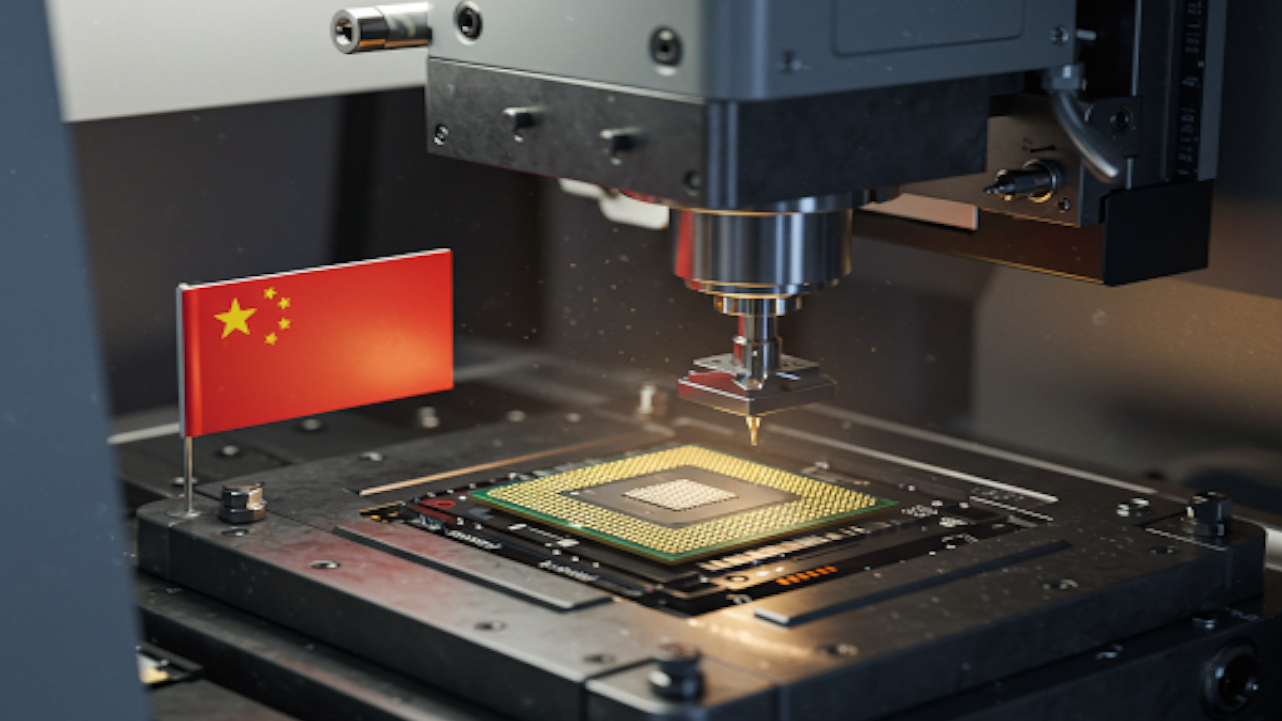The level of radiation harmful to human health is increasing in industrial areas that use certain radioactive materials and in areas associated with nuclear activities. It can also increase in some places due to natural elements or proximity to battlefields where nuclear or uranium-containing weapons have been used.
The state-owned China National Nuclear Corporation (CNNC) announced in a statement on its official WeChat channel that it has developed the world’s first electronic chip capable of detecting X-ray and gamma radiation, which are harmful to human health.
The chip measures radiation dose rates ranging from 0.1 microsieverts per hour to 10 millisieverts per hour. This sensitivity is almost equivalent to that of a widely used Geiger-Muller counter, despite its small size of 15 mm × 15 mm × 3 mm. The chip uses radiation-sensitive materials that generate an electric current when interacting with radiation, allowing the radiation level to be analyzed and determined.
Due to its relatively high sensitivity, it can detect radiation on commercial airplanes on short flights, where radiation levels are around 30 microsieverts per hour, compared to the normal radiation level in nature that we are exposed to daily, which averages between 0.06 and 0.2 microsieverts per hour coming from space and the Earth’s crust, often undetectable by this chip.
The mass production of this chip has started, relying on an external chip manufacturing company. It features extremely low power consumption of one milliwatt, making it suitable for integration into battery-powered devices. It can be embedded within small devices or mobile phones and can be equipped on drones.
This innovation allows for the monitoring of radiation levels in various environments without the need for bulky, standalone detection equipment, making radiation detection more accessible and convenient.









